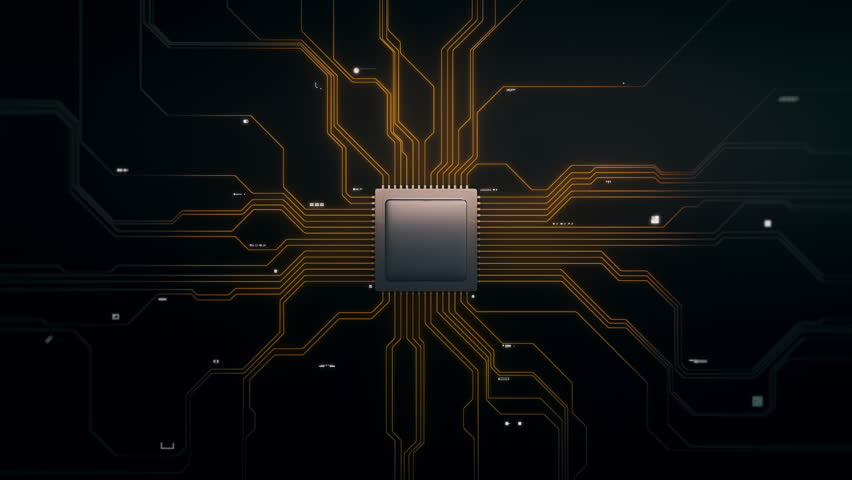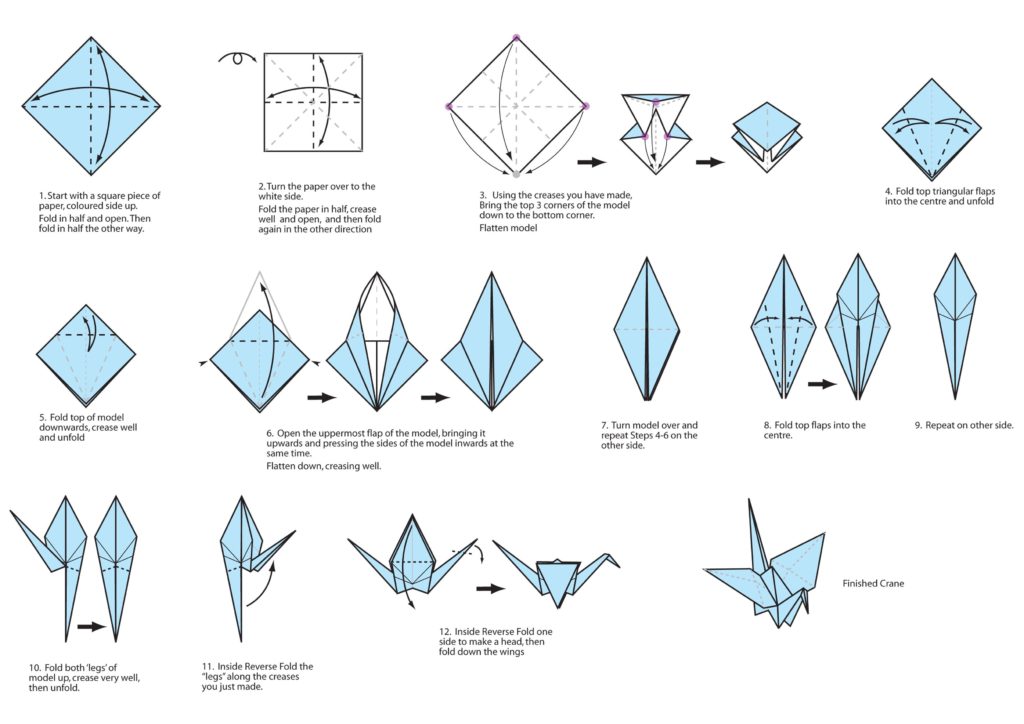
CPU IPC is short for Instructions Per Clock/Cycle. This is how many instructions a CPU can carry out during a certain clock. This leads to greater efficiency when a CPU is doing certain tasks. This on top of a CPU’s frequency determines how one core performs. This is why much older CPUs of the same frequency perform much worse than their modern counterparts because they are running at the same speed but they are not doing it as efficiently.
IPC Further Explained
Imagine you have an assembly line. Both run at the same speed but one has only people assembling a certain product. Now the other assembly line has automated some of the process so while the line moves at the same speed one finishes the task much faster since it is more efficient than its competition.
Another analogy is folding paper cranes. I like folding paper cranes but when I first started folding them I didn’t know all the tricks so I would fold every single fold individually. I then learned tricks to fold multiple folds at once there by increasing my efficiency. I still folded each fold at the same rate, but instead of folding each fold individually I was folding multiple at once. This made my ability to turn out oragami cranes much faster.

This is what IPC equates to. Using a better architecture CPUs can more efficiently carry out processes and thereby increase their efficiency.
Now this is not entirely the same across the board. Certain CPU architectures do certain tasks better. This means IPC gains against certain architectures are not always good against them in all tasks.
Take the current generations of processors as of this writing. Right now we have the AMD 3000 Ryzen series vs the Coffee Lake. Now a very awesome site set these processors to the same clock and then tested them against each other.
They tested the I9-9900k, Ryzen 9 3900X, Ryzen 7 3700X all set to 4GHz. They found about a 13% uplift from older AMD parts like the Ryzen 7 2700, but compared with the Intel I9-9900K it was a mixed race with certain tests AMD coming out ahead but others the I9 would shine.

The results favored Intel in gaming, but favored AMD in processing tasks like video encoding and Cinebench. The link to the article is here and it is very fascinating.
This means you cannot make an apples to apples comparison with CPUs of different architectures or generations for that matter. They may be the same speed but one may be far more efficient than the other.
Why CPU Speed Doesn’t Matter
When comparing CPUs of the same architecture speed definately matters, but when comparing CPUs of different architectures speed doesn’t give the whole picture.
If you compare the AMD Ryzen 2700 vs the AMD Ryzen 3700 with a 13% IPC uplift the 3700 at the same clock speed as the 2700 the 3700 would blow the 2700 out of the water performance wise even at the same clock speed.
This is true for current gen Intel vs AMD. There is about a 6% IPC difference in certain tasks between the two competitors. So just comparing frequency doesn’t give you the whole picture at all.
This is why bench marking gives a much better picture of performance than any other metric. If they benchmark, and benchmark honestly, then this gives a much better view of what these different CPUs can do and most of the time you will find that there is not a consistent lead in most comparisons because certain architectures perform better at certain tasks.
So when buying a CPU one should wait for the benchmarks to come out and buy your CPU based on what CPU gives you the best performance for your money at the time. Not what CPU advertises faster speeds because that metric doesn’t give the whole picture at all.
